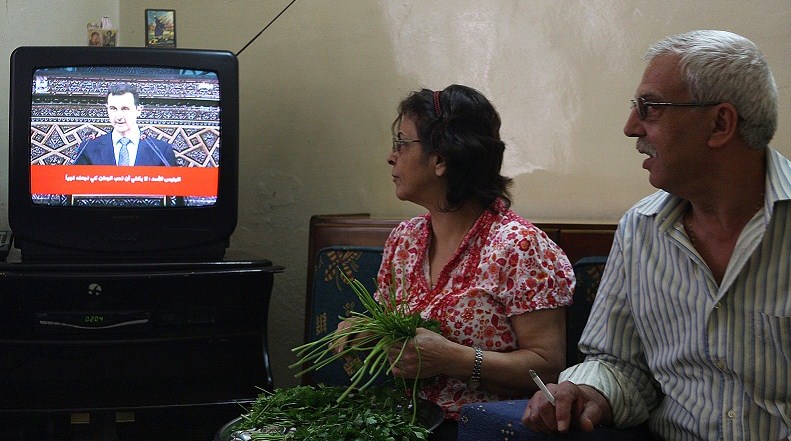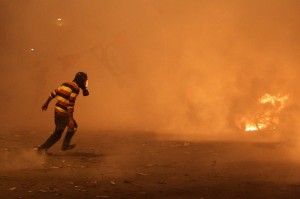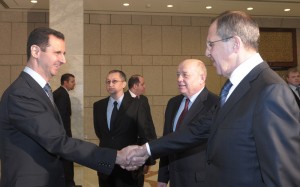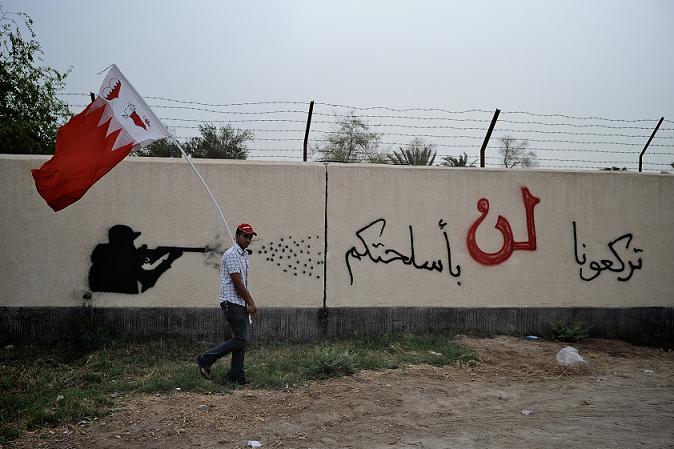
Syrian President Bashar al-Assad gives a rare rare televised speech delivered in parliament on June 3, 2012. Assad said that his government faces a foreign plot to destroy Syria, and blamed 'monsters' for the Houla massacre. (Photo Louai Beshara/AFP/GettyImages)
Yesterday, Syrian President Bashar Assad justified his government’s actions by comparing himself to a doctor trying to save a patient. As reported by the Associated Press, Assad stated in a speech:
When a surgeon in an operating room … cuts and cleans and amputates, and the wound bleeds, do we say to him your hands are stained with blood? Or do we thank him for saving the patient?
The disturbing words come against a backdrop of horrifying violence. Amnesty International has received the names of nearly 10,000 people killed since the government began cracking down on peaceful protestors over a year ago. Although peaceful demonstrations have continued, the unrest has turned increasingly violent. Armed opposition groups, many loosely under the umbrella of the Free Syrian Army (FSA), have also carried out attacks — mainly against Syrian security forces.







 Tomorrow marks the one-year anniversary of the start of protests in Bahrain. Bahrainis
Tomorrow marks the one-year anniversary of the start of protests in Bahrain. Bahrainis  The
The